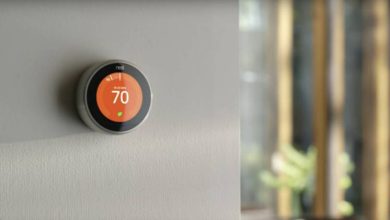John Deere’s 470 P Tier: Peak Performance & Sustainability

John Deere’s approach to innovation and sustainability in construction and agricultural machinery has led to the introduction of various performance tiers across their product lines. The “P tier” represents a significant step in this ongoing development, focusing on performance, productivity, and precision. This blog post will dive into the John Deere 470 P tier, exploring what it stands for, its features, and the benefits it brings to users.
The John Deere P Tier
John Deere has long been recognized for its commitment to quality and innovation. The P-tier lineup is part of their strategy to offer advanced equipment solutions tailored to meet the evolving needs of the construction and agriculture industries.
Understanding the P Tier Concept
The P tier models are designed with the latest technology to enhance performance, productivity, and precision. This tier focuses on integrating smart technology and advanced engineering to deliver superior efficiency and environmental benefits.
Key Features of John Deere P Tier Equipment
John Deere’s 470 P tier equipment has features to improve operational efficiency, reduce emissions, and enhance the overall user experience.
Enhanced Performance and Productivity
P tier models are engineered to deliver higher levels of performance and productivity. This is achieved through advanced power systems, improved hydraulic capabilities, and optimized machine designs that ensure maximum efficiency and output.
Advanced Technology Integration
John Deere 470 P tier equipment benefits from integrating advanced technology, including telematics, automation, and intelligent systems. These technologies enable better machine management, real-time monitoring, and data-driven insights, allowing for more informed decision-making and optimized performance.
Environmental Sustainability
A key aspect of the P tier lineup is its focus on environmental sustainability. John Deere has incorporated cleaner engines, emissions reduction technologies, and fuel-efficient designs to minimize the environmental impact of their machinery, aligning with global sustainability goals and regulations.
Benefits of John Deere P Tier for Users
The P tier models offer numerous benefits to users, from operational efficiencies to environmental advantages.
Improved Operational Efficiency
With the P tier, operators can expect improved efficiency in their operations, thanks to the equipment’s enhanced performance capabilities and the integration of smart technologies. This leads to faster completion times, reduced fuel consumption, and lower operational costs.
Enhanced User Experience
The use of advanced technologies not only improves machine performance but also enhances the user experience. Operators benefit from more intuitive controls, better machine comfort, and easier management through digital tools, making their work more productive and less strenuous.
Contribution to Environmental Protection
By choosing P tier equipment, users contribute to environmental protection. The reduced emissions and improved fuel efficiency of P tier models help meet regulatory requirements and support sustainability initiatives, making it a responsible choice for businesses looking to reduce their ecological footprint.
Conclusion
John Deere’s P tier represents a significant advancement in construction and agricultural machinery. By focusing on performance, productivity, and precision, coupled with a strong commitment to environmental sustainability, the P tier lineup offers a compelling choice for professionals seeking the latest equipment technology. Whether you’re looking to boost operational efficiency, enhance user experience, or contribute to environmental sustainability, John Deere P tier equipment is designed to meet these needs, reaffirming John Deere’s position as a leader in innovation and quality in the heavy machinery industry.




